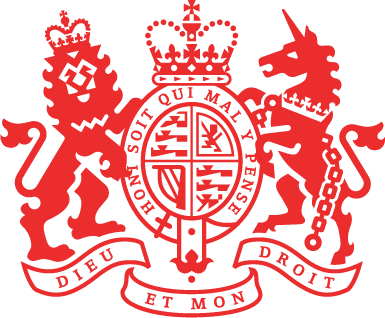Related Cases
Neutral Citation Number
Published
Summary
Judgment of the Tribunal in connection with an application by Mr Boyle and Mr Vermeer (“the Applicants”), for a collective proceedings order (“CPO”) pursuant to s. 47B of the Competition Act 1998 (the “CA”).
The claim that the Applicants seek permission to bring is a “standalone” claim alleging an abuse of a dominant position by Govia Thameslink Railway Ltd and others (“the Respondents”) in breach of the Chapter II prohibition of the CA. Specifically, it is contended that the Respondents issued – and continue to issue – branded fares permitting travel on a single branded train service (so-called Single-Brand Tickets) at a lower price than fares permitting travel on multiple, differently branded, train services (which we will refer to as Multi-Brand Tickets). It is said that this discrimination between Single-Brand Tickets and Multi-Brand Tickets constitutes an abuse of a dominant position (“the Application”).
In the course of the pleadings, the Applicants submitted expert reports from Mr Harvey (“Harvey 3” and “Harvey 4”) and draft Amended and Re-Amended Collective Proceedings Claim Forms. The Respondents did not file any expert evidence in response to that of Mr Harvey. The draft re-amendments were in part uncontroversial (save as to costs) and in part controversial. The Tribunal allowed the uncontroversial parts and left the controversial parts (which were supported by Harvey 4) for further consideration. The controversial draft re-amendments – and Harvey 4 – were introduced late in the day by the Applicants, and necessitated a hearing (before the President alone) in order to determine whether, and if so how, this material might be adduced on the hearing of the Application.
The Tribunal considered whether the Application satisfied both: (i) the Authorisation Condition (which concerns the appropriateness of the Applicants to act as class representatives); and (ii) the Eligibility Condition (which concerns whether the claims are eligible to be certified for inclusion in collective proceedings).
In relation to (i), the Tribunal held that it has jurisdiction to appoint joint class representatives, but that this jurisdiction should not be exercised, and that the Tribunal should rather appoint Mr Boyle as the sole representative of the class. The Tribunal considered that Mr Boyle would be well advised to establish advisory panel of consultants to act as a sounding board. This, however, was not a requirement for certification.
In respect of (ii), the Tribunal considered that the Pro-Sys v. Microsoft requirement is simply concerned to ensure that, through the use of the Eligibility Condition, only arguable cases are certified as collective actions. The standard is a very low one, and it turns on the difference between what must be pleaded in an individual claim compared with what must be pleaded in a collective action. The question of methodology is important in this case because the Applicants propose to establish loss and damage on a generic or class-wide basis. The Tribunal held that the approach enunciated by Mr Harvey satisfied the Microsoft requirements.
The Respondents raised two defences which fell for consideration. These were pass-on and set-off. Harvey 4 and the amendments sought to deal with these points. On the grounds of relevance, the Tribunal declined to allow the amendments in relation to these points, and refused to admit Harvey 4. The Tribunal explained that Harvey 4 raised the spectre of a new claim, accruing to the benefit of those class members purchasing (over-priced) Multi-Brand Tickets, but also purchasing (under-priced) Single-Brand Tickets. In such a case, Harvey 4 contended for damages assessed by reference to the “loss of the flexibility” arising out of the Single-Brand Ticket purchase, this loss existing because the ticket purchased in the counter-factual world would have been more “flexible”. The Tribunal accepted that the Respondents were not afforded sufficient time to consider Harvey 4 and make any response, and that the Tribunal would not give permission to take this claim forward at this stage. The Tribunal stated that it will hear and consider any application by the Applicants (or, rather, Mr Boyle) should they wish to amend.
This is an unofficial summary prepared by the Registry of the Competition Appeal Tribunal.
